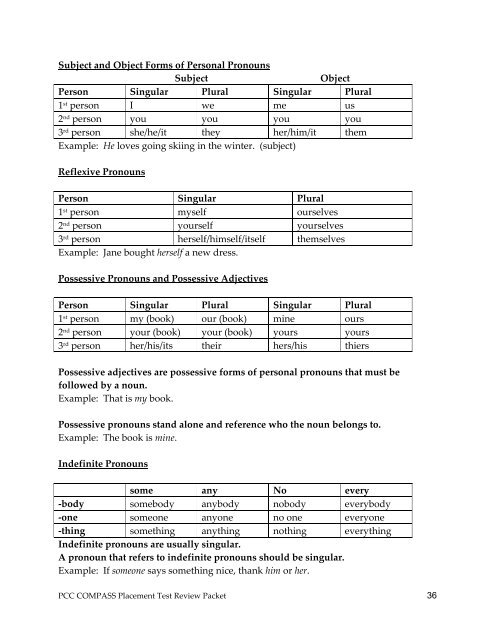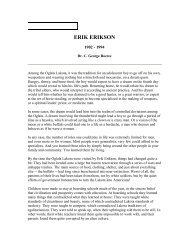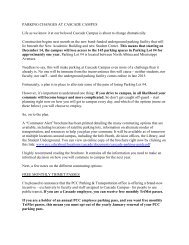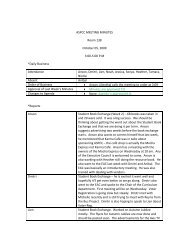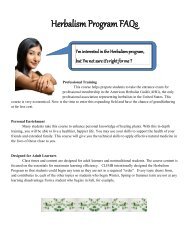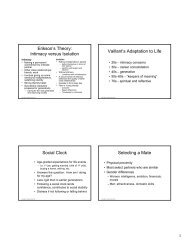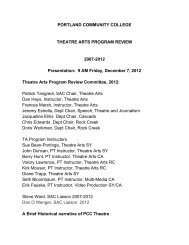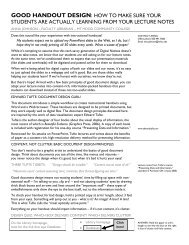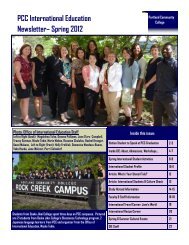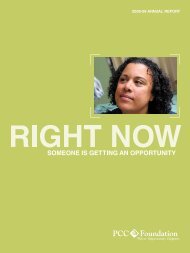COMPASS Placement Test Review Packet - Portland Community ...
COMPASS Placement Test Review Packet - Portland Community ...
COMPASS Placement Test Review Packet - Portland Community ...
You also want an ePaper? Increase the reach of your titles
YUMPU automatically turns print PDFs into web optimized ePapers that Google loves.
Subject and Object Forms of Personal Pronouns<br />
Subject Object<br />
Person Singular Plural Singular Plural<br />
1 st person I we me us<br />
2 nd person you you you you<br />
3 rd person she/he/it they her/him/it them<br />
Example: He loves going skiing in the winter. (subject)<br />
Reflexive Pronouns<br />
Person Singular Plural<br />
1 st person myself ourselves<br />
2 nd person yourself yourselves<br />
3 rd person herself/himself/itself themselves<br />
Example: Jane bought herself a new dress.<br />
Possessive Pronouns and Possessive Adjectives<br />
Person Singular Plural Singular Plural<br />
1 st person my (book) our (book) mine ours<br />
2 nd person your (book) your (book) yours yours<br />
3 rd person her/his/its their hers/his thiers<br />
Possessive adjectives are possessive forms of personal pronouns that must be<br />
followed by a noun.<br />
Example: That is my book.<br />
Possessive pronouns stand alone and reference who the noun belongs to.<br />
Example: The book is mine.<br />
Indefinite Pronouns<br />
some any No every<br />
-body somebody anybody nobody everybody<br />
-one someone anyone no one everyone<br />
-thing something anything nothing everything<br />
Indefinite pronouns are usually singular.<br />
A pronoun that refers to indefinite pronouns should be singular.<br />
Example: If someone says something nice, thank him or her.<br />
PCC <strong>COMPASS</strong> <strong>Placement</strong> <strong>Test</strong> <strong>Review</strong> <strong>Packet</strong> 36


